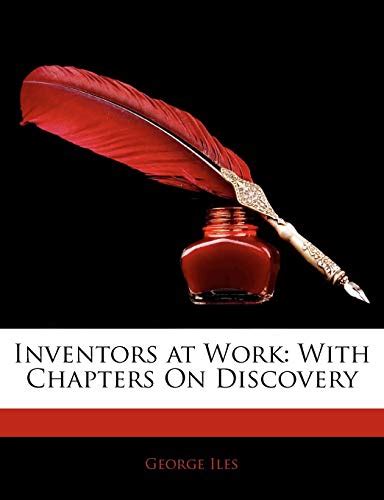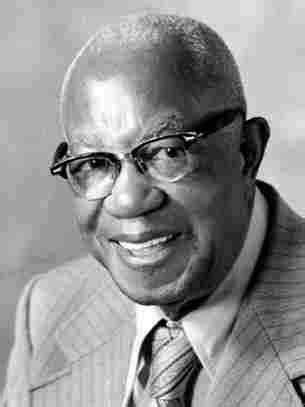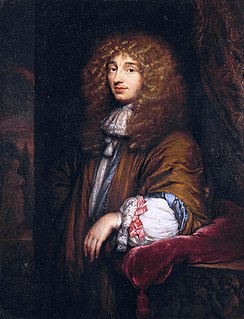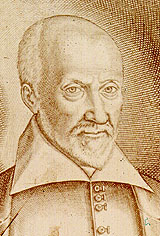A Quote by Anna Quindlen
A man who builds his own pedestal had better use strong cement.
Related Quotes
In His discourses, His miracles, His parables, His sufferings, His resurrection, He gradually raises the pedestal of His humanity before the world, but under a cover, until the shaft reaches from the grave to the heavens, whenHe lifts the curtain, and displays the figure of a man on a throne, for the worship of the universe; and clothing His church with His own power, He authorizes it to baptize and to preach remission of sins in His own name.
A man only begins to be a man when he ceases to whine and revile, and commences to search for the hidden justice which regulates his life. And he adapts his mind to that regulating factor, he ceases to accuse others as the cause of his condition, and builds himself up in strong and noble thoughts; ceases to kick against circumstances, but begins to use them as aids to his more rapid progress, and as a means of the hidden powers and possibilities within himself.
The most powerful drive in the ascent of man is his pleasure in his own skill. He loves to do what he does well and, having done it well, he loves to do it better. You see it in his science. You see it in the magnificence with which he carves and builds, the loving care, the gaiety, the effrontery. The monuments are supposed to commemorate kings and religions, heroes, dogmas, but in the end the man they commemorate is the builder.
So long as men desire to live together, no man may initiate the use of physical force against others. . . . When a man attempts to deal with me by force, I answer him by force. It is only as retaliation that force may be used and only against the man who starts its use. No, I do not share his evil or sink to his concept of morality: I merely grant him his choice, destruction, the only destruction he had the right to choose: his own.
I esteem his understanding and subtlety highly, but I consider that they have been put to ill use in the greater part of his work, where the author studies things of little use or when he builds on the improbable principle of attraction. Writing about Newton's Principia. Huygens had some time earlier indicated he did not believe the theory of universal gravitation, saying it 'appears to me absurd.'
He that boasts of his ancestors confesses that he has no virtue of his own. No person ever lived for our honor; nor ought that to be reputed ours, which was long before we had a being; for what advantage can it be to a blind man to know that his parents had good eyes? Does he see one whit the better?































